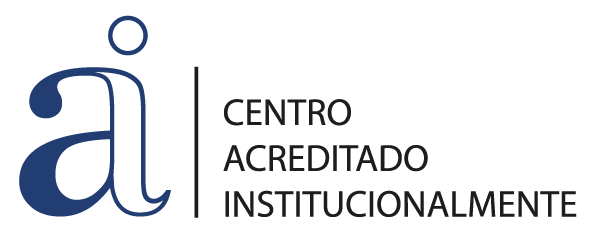Seminario INMA Junior: Ofrecido por Javier Idiago y Mohamed Yahia.- Miércoles 1 de junio
El próximo miércoles 1 de junio a las 12:00 tendrá lugar el siguiente seminario junior del INMA en Aula, Edificio I+D (Campus Río Ebro), y también podrá seguirse a través de Zoom. Tras el seminario tendrá lugar un picoteo al que todos los asistentes podrán acudir.
SEMINARIO JUNIOR INMA:
• Ponente 1: Javier Idiago
• Título: Combining bioorthogonal click chemistry and magnetic hyperthermia for siRNA transfection
Resumen de la charla: The heat generation by magnetic nanoparticles (MNPs) in the presence of an alternating magnetic field (AMF) has traditionally been studied for cancer treatment applications upon the accumulation of MNPs inside target cells. However, the heating effect onto living cell membranes has been barely explored. Herein, we developed an innovative approach to evaluate this effect and the impact that it can have for inducing changes of membrane biophysics. Our approach is based on the covalent immobilization of MNPs on the cell membranes via bioorthogonal click chemistry, more specifically the strain-promoted [3+2] azide-alkyne cycloaddition between azide-labelled cell membranes and strained alkyne-functionalized MNPs.
In this communication, I will first talk about the optimization of the expression of azide reporters on human breast adenocarcinoma cells (MCF7) through metabolic glycoengineering. Then, the functionalization of iron oxide MNPs with two different strained alkynes and their reactivity towards azides in different scenarios will be discussed. Finally, upon the application of an AMF, these MNPs acted as “hotspots” to generate a very localized heating of the cell membrane, leading to changes in cell membrane fluidity that promoted the intracellular delivery of a siRNA to silence the expression of a target gene. Overall, the potential that bioorthogonal click chemistry offers in combination with magnetic hyperthermia for the development of a novel strategy for cell transfection will be presented.
• Ponente 2: Mohamed Yahia
• Título: Development of robust highly selective and permeable membranes for CO2 separation
Resumen de la charla: Polymer membrane technology for CO2 separation offers numerous eco-friendly and economic benefits over conventional separation processes such as absorption, adsorption, cryogenic distillation, and membrane separation due to its interesting advantages such simple design, scale-up, energy saving, low operating costs, consistency and flexibility, proficiency design and comfortable for remote area. However, the most important goal in membrane development for gas separation is the combination between high permeability and acceptable selectivity, which is limited by trade-off between permeability and selectivity. Despite the efforts to produce novel polymeric membranes for gas separation that can overcome the limitations of commercial membranes and can compete with current separation technologies, only a few conventional polymeric materials are used. Highly selectivity for the polymeric membranes is requested to allow a cost-effective storage and sequestration for gases, this selectivity can be achieved only by the polymer membranes.
Herein, this communication will focus on developing and designing highly selective membranes for gas separation application.

